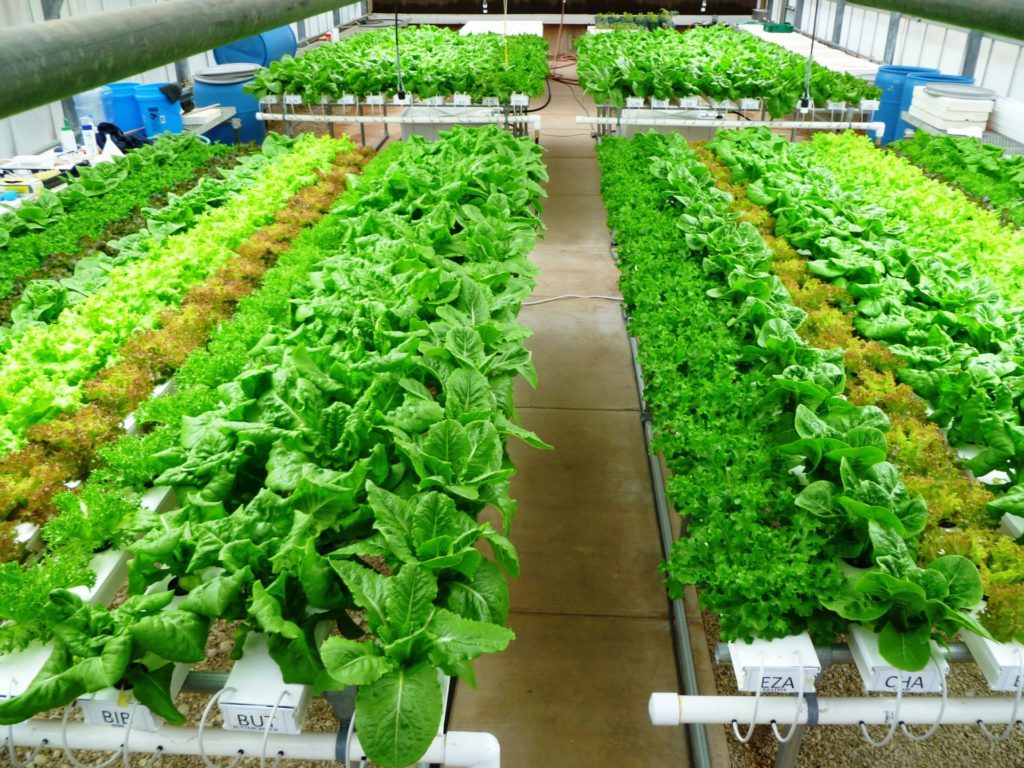Dec 3, 2020Leafy green traceability pilots reveal value of info during traceback query
A group of six industry organizations released a report Dec. 3 outlining four months of leafy green traceability pilots with supply chain partners, including growers, distributors, and both independent and chain retailers, offering a detailed response to the U.S. Food and Drug Administration (FDA)’s call for improved traceability in the food system.
The pilots, conducted July through October, showed that investigations into foodborne illness outbreaks could be streamlined and conducted more effectively when supply chain partners provided extended product information during tracebacks. Additionally, the use of a standard template called the Produce Traceback Template to exchange pertinent product information was found to enhance the speed of tracing procedures. All three pilots were successful in tracing the source of the affected product.
The six organizations that led this industry activity included: FMI-The Food Industry Association, GS1 US, the International Foodservice Distributors Association (IFDA), the Institute of Food Technologists (IFT), the Produce Marketing Association (PMA) and United Fresh Produce Association (United Fresh).
The pilots tracked romaine lettuce through three separate supply chains, starting with actual consumer purchases made with loyalty cards or credit cards. Small teams of industry experts mimicked FDA’s role in conducting the traceback, including determining the data to be requested, and how to format the requests for such data. Supply chain members, starting with the point-of-sale or point-of-service, used the template to provide key data elements that allowed an item to be traced back to its source. The expert groups conducting the traceback analyzed the information provided by each supply chain node to determine next steps.
Although the participants stated they would adopt the template in the future, the pilots revealed opportunities to refine the template, and highlighted the need for a greater focus on education. The pilot report provides guidance on a path forward for future use of the template including additional industry training and modifications to maximize effectiveness and increase ease of use.
Notably, the data that enabled each of the teams to independently and successfully identify the finished product lot purchased by the consumer is not currently captured by the template. These data included business intelligence such as sales data, stock rotation, inventory controls and delivery schedules. These were critical in bracketing the scope of the traceback.
“As outlined in the New Era of Smarter Food Safety Blueprint, pilots like these are necessary to determine what is needed for traceability to further scale, such as testing interoperability and public and private data sharing,” said Bryan Hitchcock, executive director of IFT’s Global Food Traceability Center, on behalf of the six organizations. “The pilots provided valuable insights that will inform future outbreak response and recall protocols, helping industry to work together to support the FDA’s focus on tech-enabled traceability.”
For more information on the pilot, please visit ift.org/leafygreens.
About FMI-The Food Industry Association – As the food industry association, FMI works with and on behalf of the entire industry to advance a safer, healthier and more efficient consumer food supply chain. FMI brings together a wide range of members across the value chain – from retailers that sell to consumers, to producers that supply food and other products, as well as the wide variety of companies providing critical services – to amplify the collective work of the industry. www.FMI.org
About GS1 US – GS1 US, a member of GS1, is an information standards organization that brings industry communities together to solve supply-chain problems through the adoption and implementation of GS1 standards. More than 300,000 businesses in 25 industries rely on GS1 US for trading-partner collaboration and for maximizing the cost effectiveness, speed, visibility, security and sustainability of their business processes. They achieve these benefits through solutions based on GS1 global unique numbering and identification systems, bar codes, Electronic Product Code (EPC®)-based Radio Frequency Identification (RFID, data synchronization, and electronic information exchange. GS1 US also manages the United Nations Standard Products and Services Code (UNSPSC). www.GS1US.org
About IFDA – The International Foodservice Distributors Association (IFDA) is the premier trade organization representing the $303 billion foodservice distribution industry and the 350,000 people it employs. This industry ensures a safe and efficient supply of food and products to more than one million restaurants and foodservice outlets in the U.S. every day. For more information, visit www.ifdaonline.org.
About IFT – The Institute of Food Technologists (IFT) is a global organization of approximately 13,000 individual members from 95 countries committed to advancing the science of food. Since 1939, IFT has brought together the brightest minds in food science, technology and related professions from academia, government, and industry to solve the world’s greatest food challenges. Our organization works to ensure that our members have the resources they need to learn, grow, and advance the science of food as the population and the world evolve. We believe that science is essential to ensuring a global food supply that is sustainable, safe, nutritious, and accessible to all. For more information, please visit www.ift.org.
About Produce Marketing Association (PMA) – Produce Marketing Association is the leading trade association representing companies from every segment of the global produce and floral supply chain. PMA helps members grow by providing business solutions that expand business opportunities and increase sales and consumption. For more information, visit www.pma.com.
About United Fresh Produce Association (United Fresh) – Founded in 1904, the United Fresh Produce Association serves companies at the forefront of the global fresh and fresh-cut produce industry, including growers, shippers, fresh-cut processors, wholesalers, distributors, retailers, foodservice operators, industry suppliers and allied associations. From its headquarters in Washington, D.C. and Western Regional office in Salinas, Calif., United Fresh and its members work year-round to make a difference for the produce industry by driving policies that increase consumption of fresh produce, shaping critical legislative and regulatory action, providing scientific and technical leadership in food safety, quality assurance, nutrition and health, and developing educational programs and business opportunities to assist member companies in growing successful businesses.
For more information, visit www.unitedfresh.org.















